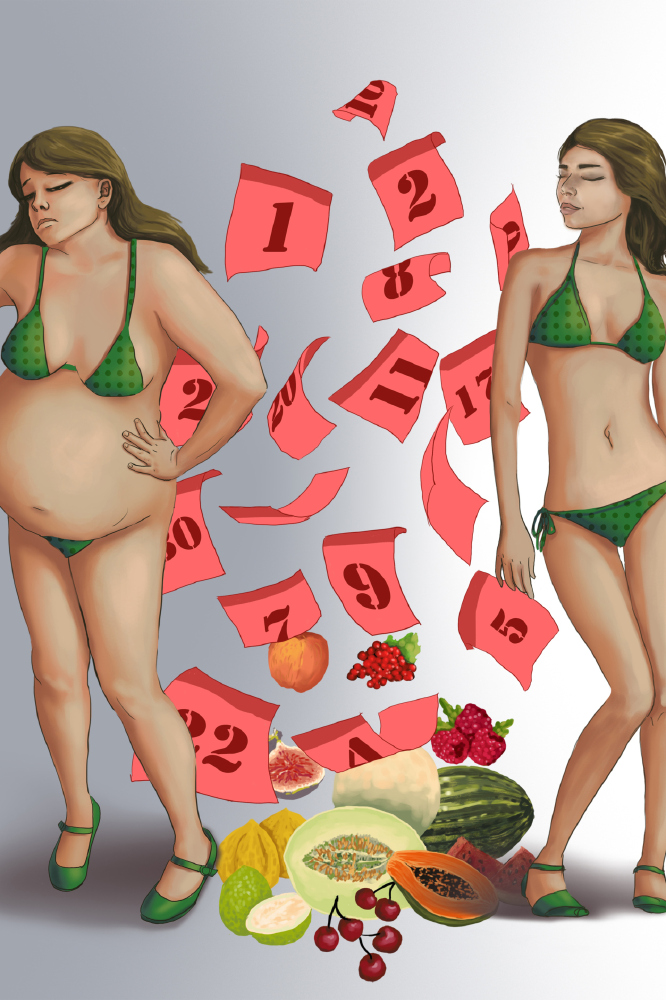
Do you know how many calories you eat on a daily basis?
The vast majority of Brits don’t regularly track their calorie intake, according to new research as it’s revealed that the country is in a state of confusion about the food we put into our body.
Keeping track of the food we put into our bodies and how much we’re burning off is vital for overall health and weight, yet so many people aren’t doing it.
As a result, AB Sugar is calling for more to be done to help arm people with the right information in order to help them live a healthy lifestyle.
With 94% of Brits only occasionally or never tracking their daily calorie intake, it’s not surprising that there is so much confusion surrounding the food we eat. The research, which polled 2,000 British consumers, revealed:
- Over a third did not know that fish, chicken and eggs are good sources of protein;
- Almost a third didn’t know rice, bread and pasta are high in carbohydrates; and
- Over a quarter did not know that cream, oil and butter are high in fat.
Perhaps more worryingly, half of women and three fifths of men also wrongly guessed or simply stated they didn’t know what their recommended daily calorie intake should be in the first place.
The recent media focus on sugar also appears to have contributed to a few wrongly held misconceptions. Just over half of Brits believe that there is such a thing as ‘good’ or ‘bad’ sugar, when instead all sugars, whether honey, white granulated, brown sugar, or even the sugars found in an apple are treated the same by our bodies. Vast numbers of people (98%) also didn’t know that sugar only has 16 calories per teaspoon (4g). In fact the average guess was five times higher at 89 calories.
This lack of understanding paints a particularly worrying picture when considering the nation’s increasingly sedentary lifestyles. The research reveals that over half of Brits confessed that they do absolutely no sport and, what’s more, the majority of over 55s never play any sport, compared to two fifths of 25-34 year olds. In fact only a tenth of adults stated they play sport regularly.
Dr Julian Cooper, Head of Food Science at AB Sugar said: “There’s no denying that the country is currently fighting an uphill battle against obesity but, as our research suggests, consumers are completely overwhelmed by the amount of information they receive about what to put into their bodies.
“Current scientific research points to the over-consumption of calories and a lack of exercise as one of the major factors in rising obesity levels. Our bodies need energy (calories) to function, but when we provide it with more energy than it needs, it leads to our bodies storing the extra energy, which in turn results in us putting on weight.
“It’s clear from our research that it’s not just a lack of understanding about calorie consumption and expenditure that is causing a problem, but confusion about the different food groups, their role in our diet and how to balance it all. It’s therefore crucial that we all start working together to get on top of the points of confusion and to provide consumers with the facts and science needed to help them confidently make informed decisions about their own lifestyle choices.”
Tagged in Obesity Diet Healthy eating Weight loss weight gain

